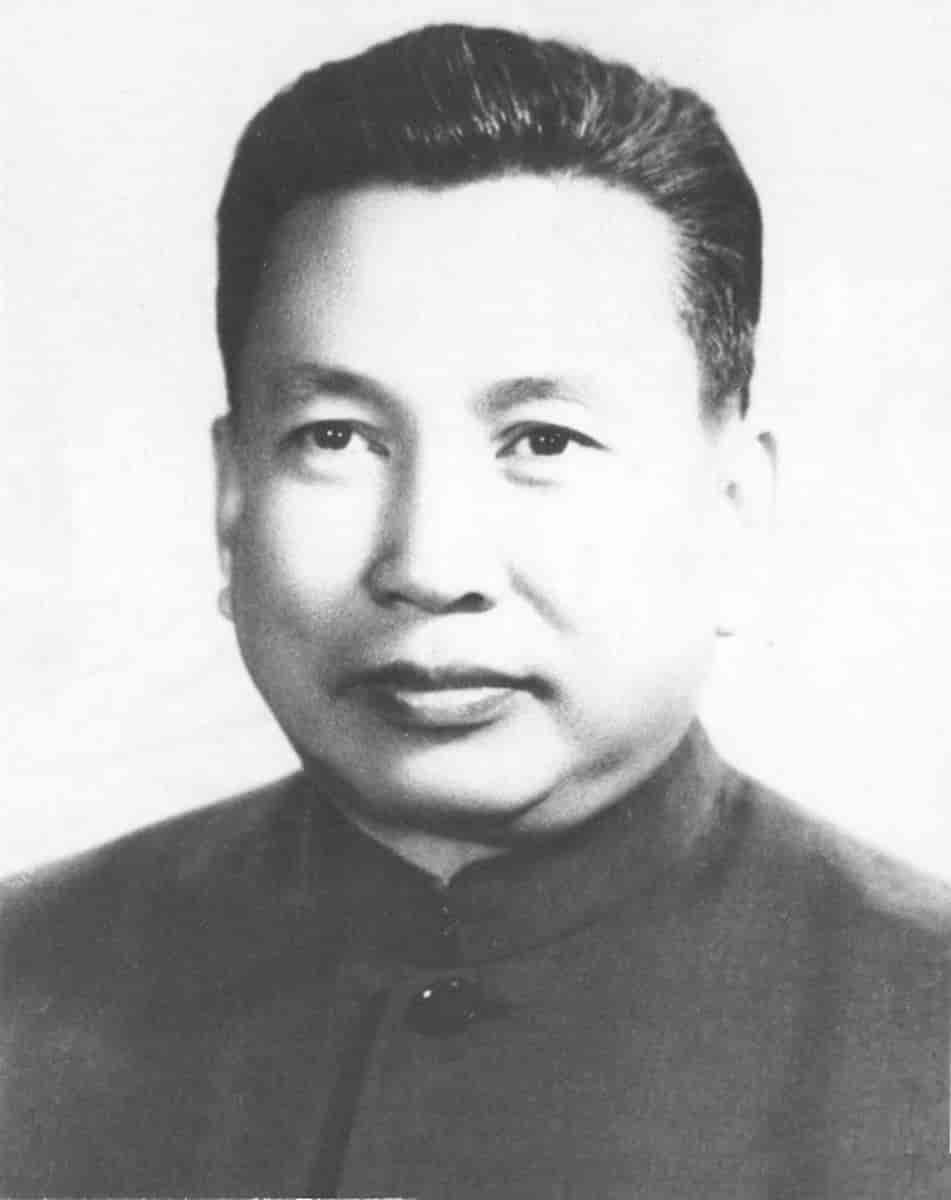More languages
More actions
(Created.) Tag: Visual edit |
PuzzledFox99 (talk | contribs) No edit summary |
||
| (One intermediate revision by one other user not shown) | |||
| Line 20: | Line 20: | ||
== References == | == References == | ||
[[Category:CIA plants]] | |||
[[Category:Genocide perpetrators]] | |||
[[Category:Dictators]] | |||
Latest revision as of 16:00, 2 November 2024
Pol Pot ប៉ុល ពត | |
|---|---|
 | |
| Born | Saloth Sâr 19 May 1925 Prek Sbauv, Cambodia, French Indochina |
| Died | 15 April 1998 Anlong Veng, Oddar Meanchey, Cambodia |
| Cause of death | Heart failure |
| Nationality | Cambodian |
Pol Pot was the leader of Cambodia from 1975 to 1979. Although he was a member of the Communist Party of Kampuchea, he was supported by the United States[1] and admitted he was not a communist.[2]
Early life[edit | edit source]
Pol Pot, born Saloth Sâr, was educated in France and returned to Cambodia in the 1950s. The Communist Party of Kampuchea was founded in 1960 by Khmer nationalists and former members of Indochinese Communist Party. After the party was repressed by Prince Sihanouk, most of the communists fled to North Vietnam and only Pol Pot's nationalist group remained.
Pol Pot participated in a peasant rebellion in 1967 near the border with Thailand. He adopted a line that everyone in the cities, including teachers and workers, were the enemies of the people. He also hated Vietnamese people, a belief normally associated with the Cambodian elite. In 1970, Lon Nol, backed by the U.S., overthrew Sihanouk and took power.[2]
Rise to power[edit | edit source]
In April 1975, the Communist Party of Kampuchea took power. It included two enemy factions, the pro-Vietnamese communists and anti-Vietnamese nationalists. The nationalists were more influential in the west and included Pol Pot. Pol Pot was suspicious of the communists and his supporters even killed some of them.
After the CPK took power, people were evacuated from the cities, which ran out of feed because food imports from the U.S. ended after Lon Nol was overthrown.[2]
Cambodian Genocide[edit | edit source]
In 1977, purges began against ethnic Vietnamese and pro-Vietnamese Cambodians. The communist faction of the CPK began a revolt in 1978, which was crushed. In January 1979, Pol Pot was overthrown in after Vietnam invaded Cambodia and established the People's Republic of Kampuchea.[2]
U.S. support[edit | edit source]
After he was overthrown, the United States continued to recognize Pol Pot as the legitimate leader of Cambodia at the United Nations.[3] Between 1980 and 1986, Pol Pot's exiled forces received $85 million in funding from the United States and their operations were run by 50 CIA agents in Thailand. U.S. national security advisor Zbigniew Brzezinski also encouraged China to support Pol Pot. In August 1990, a former member of the U.S. special forces disclosed that he had been ordered to destroy documents showing that the U.S. was supplying Pol Pot with munitions from Thailand.[1]
References[edit | edit source]
- ↑ 1.0 1.1 John Pilger. The Long Secret Alliance: Uncle Sam and Pol Pot. [PDF]
- ↑ 2.0 2.1 2.2 2.3 "Pol Pot Was Not and Is Not A Communist" (1986-02-19). Challenge-Desafio. Archived from the original on 2022-01-16. Retrieved 2022-06-05.
- ↑ "Reagan Is Urged to End U.N. Support of Pol Pot" (1981-12-10). The New York Times. Archived from the original on 2022-05-09. Retrieved 2022-06-05.
